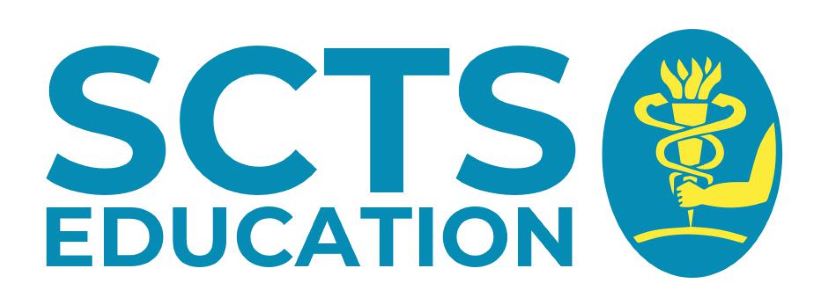2021 has seen many ups and downs, similar to the previous year unfortunately, but while this is being written we realise how many highlights there have been this year as well. With the lift of restrictions in the spring, we were able to run our first Wetlab of the year, to catch up from the postponed ST4A Core Cardiac course, which ran virtually at the end of 2020. The course was well-received and the momentum continued with the ST3A Introduction to cardiothoracic surgery course taking place in July, followed by the ST4B Core Thoracic course and ST7A Revision & Viva course in September.
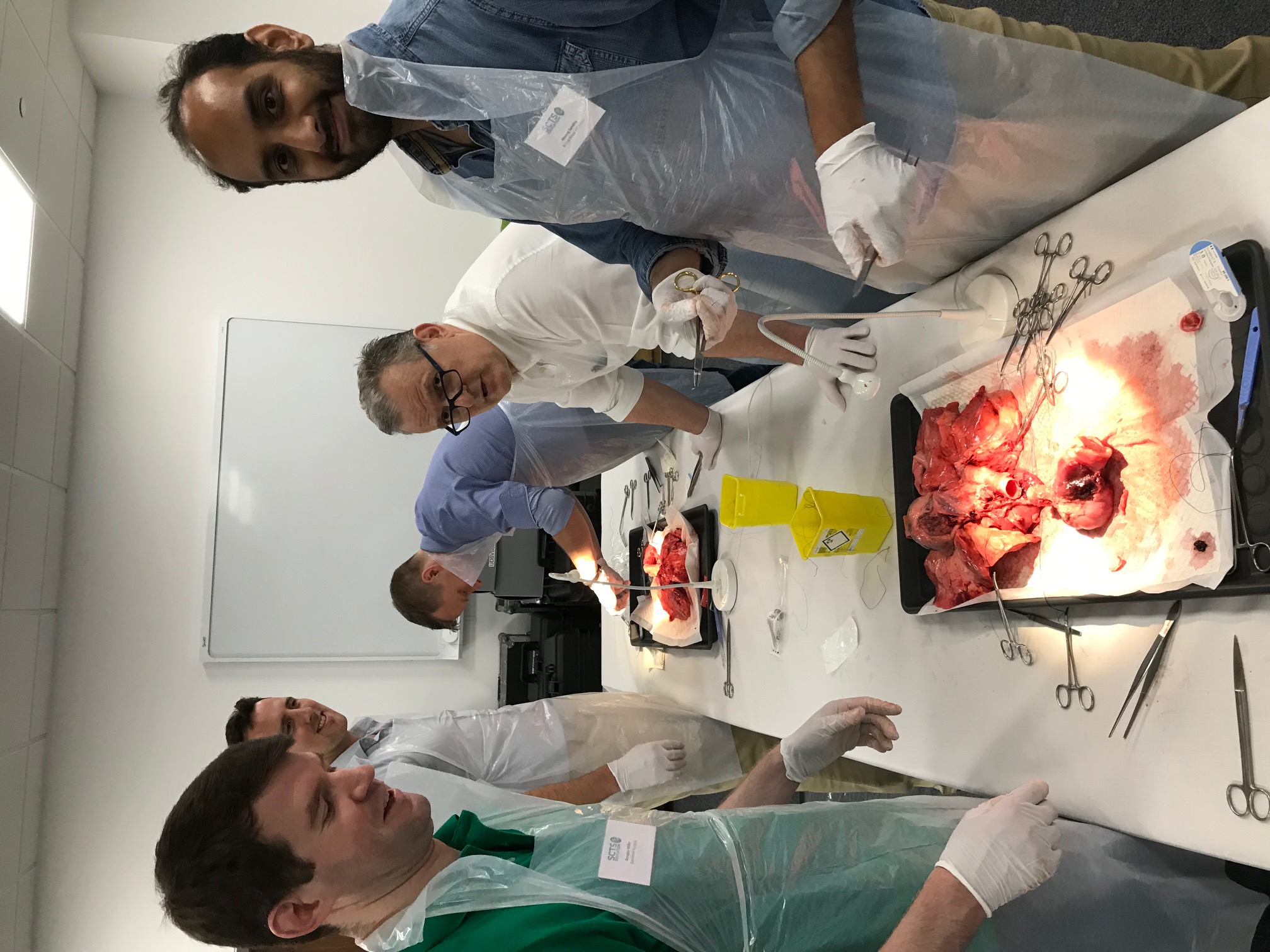
We also saw the return of a few courses that had not run since before the start of the pandemic; the ST2 Essential skills in Cardiothoracic Surgery course at Nottingham City Hospital, the Introduction to Cardiothoracic Surgery course and the Cardiothoracic Surgery Update and Wetlab for Trust Appointed Doctors, which both took place at Ashorne Hill, Leamington Spa.
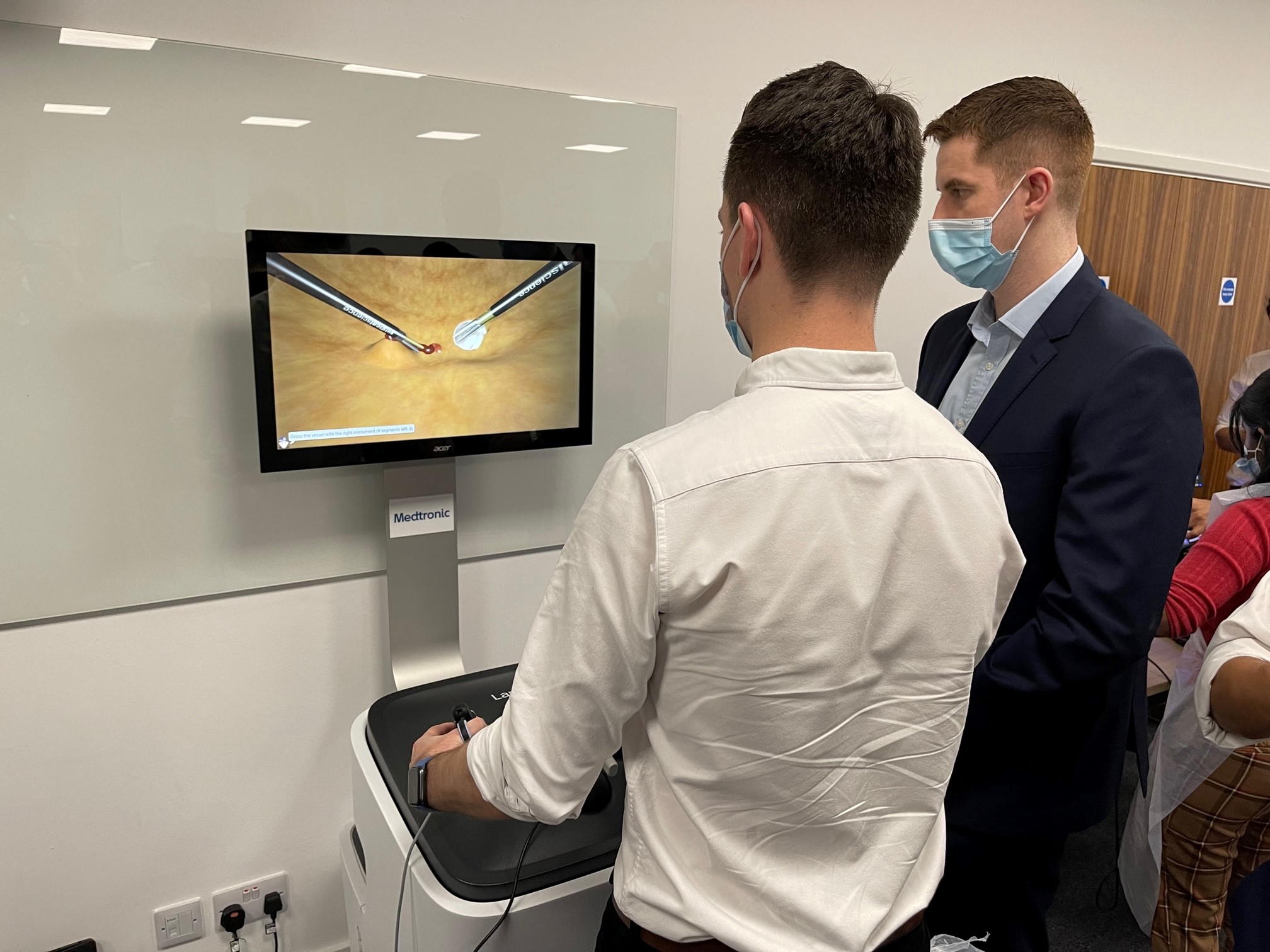
Unfortunately, 2021 has not been without its challenges and with the introduction of the Omicron variant, we had to make the difficult joint decision with J&J, to postpone our ST3B and ST8A courses that were due to take place in December. All efforts are going into the planning of rescheduling these courses but we won’t have an update until early 2022.
With the new NTN course curriculum now in place, the course portfolio has been realigned with the Cardiothoracic Surgery Curriculum 2021. Therefore, dates and course names will have changed from 2022. If you do have any questions regarding the changes, we are running a webinar on Tuesday 11th January 2022 at 6:30pm. Please register here.
The 3rd Consultant Masterclass ran as a hybrid event this year in May, where we explored various facets of mentoring. Please keep an eye out for information of the 4th Consultant Masterclass taking place in 2022, which will be planned around the SCTS Annual Meeting.
The pandemic highlighted the importance of supporting all medical leaders through all stages of their professional lives and after receiving feedback from peers, there was a gap to be bridged. This resulted with the launch of the SCTS Consultant Education Academy, the first being the virtual Leadership masterclass series in collaboration with Vijaya Nath. This has been an exciting venture for 2021 and we look forward to the rest of the series in 2022.
This leads us to the educational offering for Trust Appointed Doctors, which has been a focus for SCTS Education. From the virtual Professional Development course that ran in September and the Cardiothoracic Update and Wetlab course, to the ST7A and ST8B courses that are now open to Trust Appointed Doctors. We look forward to further opportunities in 2022.

The NAHP course portfolio has increased tenfold with Ms Bhuvana Krishnamoorthy as NAHP Lead this year, running a number of virtual courses such as Cardiac, Thoracic and Transplant Study Days. As well as the latest Novice to experienced Endoscopic conduit harvesters course offered to Nurses, Allied Health Professionals, Surgical Care Practitioners, Physician associates, Physician assistants, Core trainees and Surgeons. We already know exciting plans are in motion for 2022.
2021 also saw the return of the Student Engagement Event, aimed at Medical Students and Sixth-form students, which took place in November in Leeds. Although Storm Arwen had other ideas, the hybrid event was a success and we look forward to the write-up in the January edition of the Bulletin.
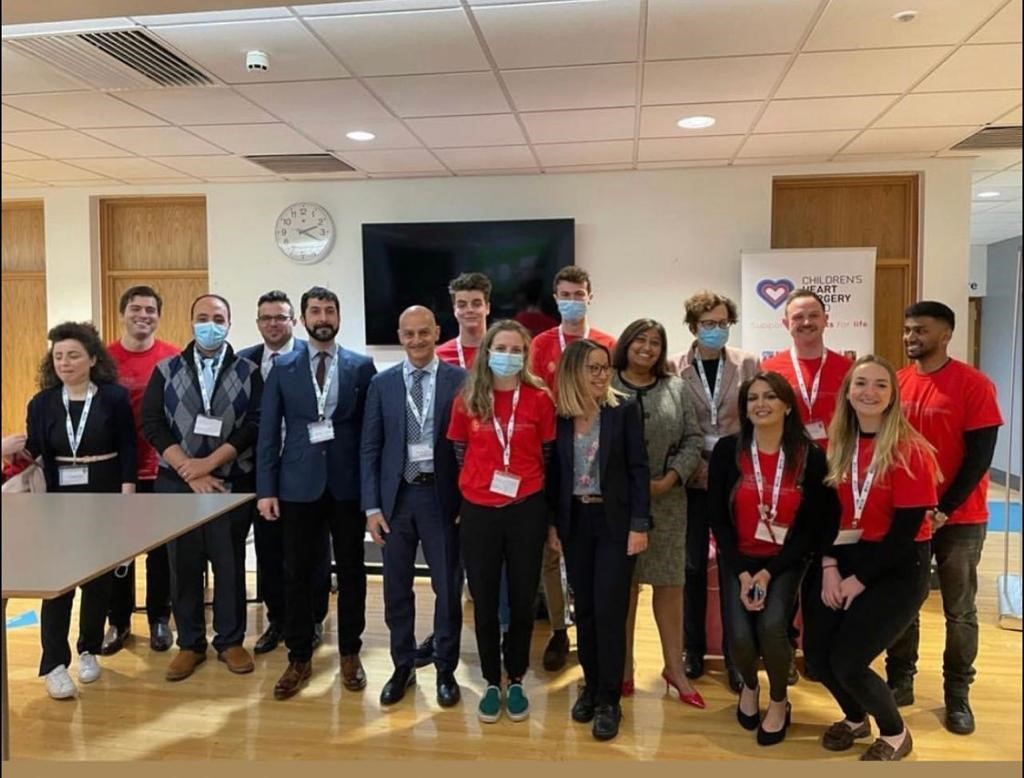
Although Marian Ionescu has moved on to greener pastures and we thank him for his generous support of the fellowship programme over the years, we have welcomed new offerings such as the AstraZeneca fellowship. The SCTS-AZ Fellowship 2021 was awarded to Mr Alexander Smith, a London Thoracic Trainee who is out of programme this year undertaking a Master’s Degree in Medical Statistics on a full time basis at the London School of Hygiene and Tropical Medicine. We would like to congratulate Alex and wish him all the best with his studies. We will soon be sharing more exciting news on fellowship opportunities, so watch this space.

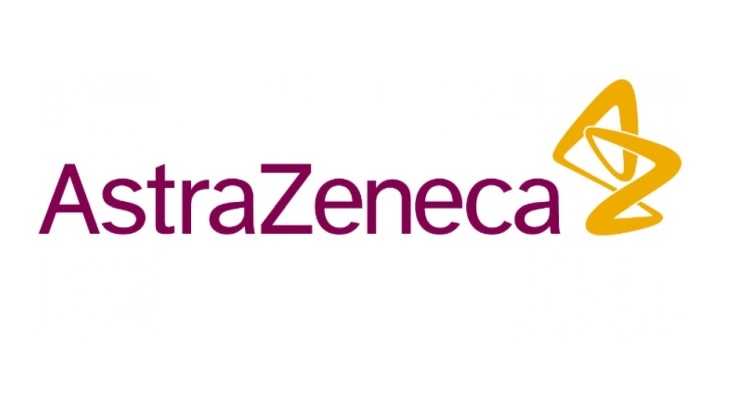
We would like to take this opportunity to thank all our SCTS Education committee members for their efforts throughout another challenging year and to our course directors and faculty members for the delivery of a huge portfolio of courses offered to all specialisms. Also a thank you to our industry partners who have continuously supported our efforts throughout these trying times.
We wish you a Happy Christmas & we look forward to future ventures with you all in 2022.
SCTS Education Team
